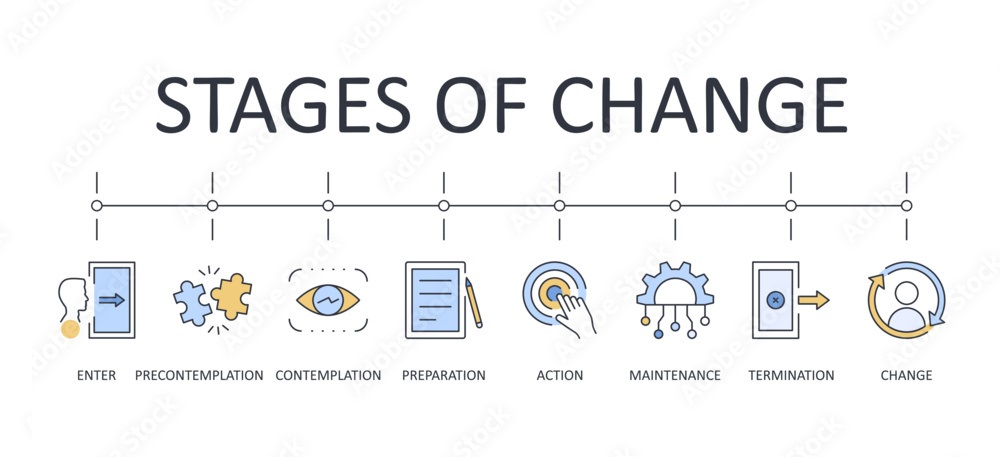In the fast-paced world of business, one constant remains: change is inevitable. As a seasoned management consultant with over two decades of experience, I’ve had the privilege of working with entrepreneurs across a wide spectrum of industries, from Realty to SaaS, Telecom to Entertainment, Hospitality to Pharma, Retail to Media, Education to Recycling, and Agro. While the specifics of each industry vary, one common challenge transcends them all—the challenge of managing change effectively.
Understanding the psychology of change is essential for entrepreneurs and business leaders who seek to navigate the complexities of transformation. In this article, I’ll draw from my wealth of experience to shed light on the dynamics of change, focusing on the resistance to change and the key factors that drive successful adoption.
The Nature of Change Resistance
Entrepreneurs and leaders in diverse industries often encounter resistance when introducing new strategies, processes, or technologies. The reasons for this resistance can be deeply rooted in human psychology. People are creatures of habit, and change can disrupt their sense of stability and security. They may fear the unknown, mistrust the motivations behind the change, or simply be comfortable with the status quo.
In my years of consulting, I’ve observed that the magnitude of resistance often correlates with the scale of change. Major transformations, such as mergers, acquisitions, or the implementation of groundbreaking technologies, tend to elicit stronger resistance than incremental adjustments. Recognizing and addressing these natural tendencies is crucial.
Building a Change-Ready Culture
Entrepreneurs and business leaders can proactively address resistance by fostering a culture that embraces change. This begins with clear and transparent communication. Openly sharing the rationale behind the change, the expected benefits, and the potential challenges helps employees and stakeholders understand the need for change.
Furthermore, involving key stakeholders in the change process and soliciting their input can reduce resistance. In my extensive work with startups and established businesses, I’ve seen that when individuals feel valued and included in the decision-making process, they are more likely to support and champion the change.
Leadership’s Role in Change Management
Leadership is pivotal in driving successful change. Entrepreneurs and business leaders must lead by example, demonstrating their commitment to the change initiative. This entails not only advocating for the change but also embodying the desired behaviors and mindset.
Additionally, providing adequate training and support is essential. Employees and teams need the tools and knowledge to navigate the new landscape effectively. In my consulting journey, I’ve seen that a well-executed change management plan, complete with training programs and ongoing support, can significantly mitigate resistance and expedite the adoption of new strategies or technologies.
Adapting Strategies for Different Industries
Working across diverse industries has reinforced the importance of tailoring change management strategies to the specific needs and nuances of each sector. What works in the Telecom industry may not necessarily work in the Hospitality or Recycling sector. Understanding the industry’s unique challenges, regulatory considerations, and customer dynamics is crucial in crafting an effective change management approach.
In conclusion, having the privilege to collaborate with entrepreneurs in industries as varied as Realty, SaaS, Telecom, Entertainment, Hospitality, Pharma, Retail, Media, Education, Recycling, and Agro has shown me that while change is a constant, managing it successfully requires a deep understanding of the human psychology of change, a change-ready culture, and leadership that leads by example. By addressing resistance and fostering adoption, entrepreneurs can navigate the ever-evolving business landscape with confidence and achieve lasting success in their respective fields.







